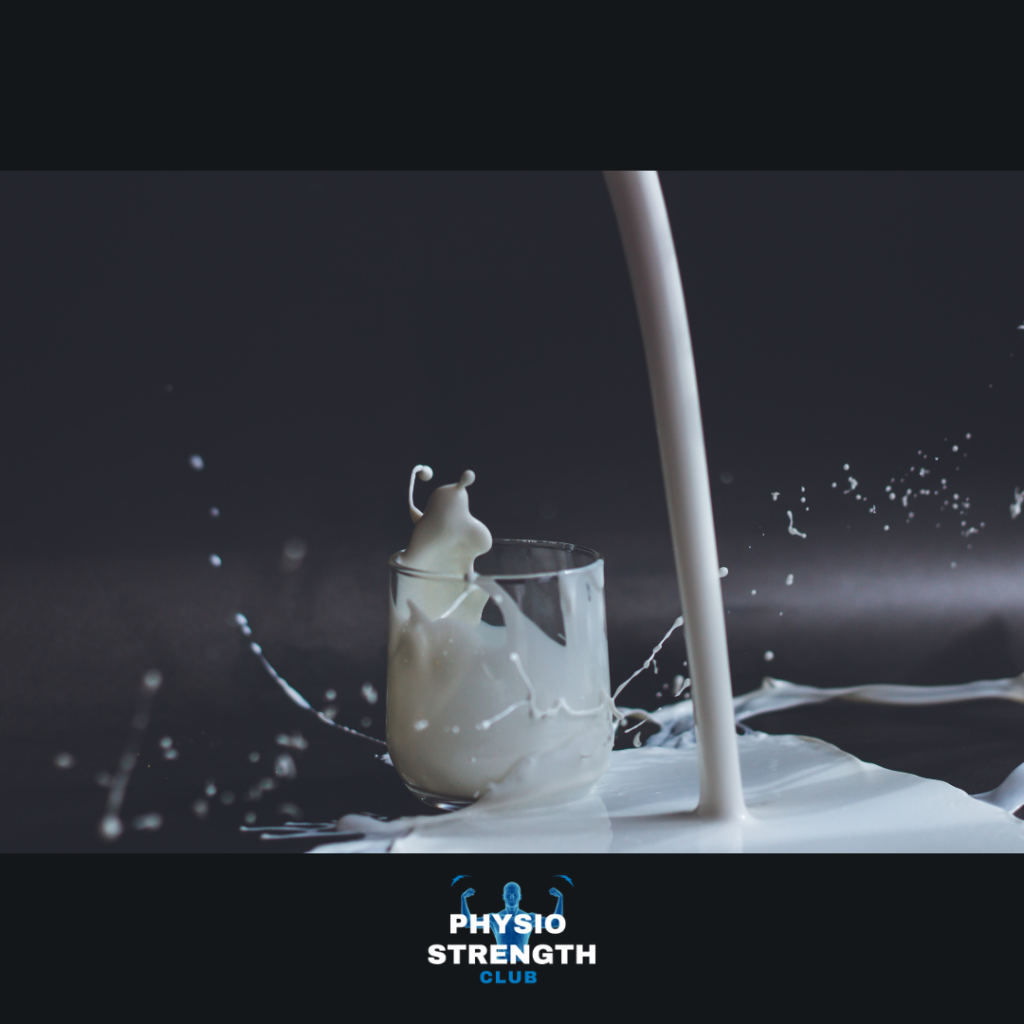You understand the importance of optimising your health, performance, and overall well-being. However, with so much conflicting information out there, it can be challenging to discern what to believe when it comes to nutrition. One topic that often generates confusion is dairy. Is it good for you? Is it bad for you? In this article, we’ll explore the truth about dairy and provide you with the information you need to make informed decisions about your diet.
First, let’s define what we mean by “dairy.” Dairy refers to milk and milk products such as cheese, yoghurt, and butter. These foods are rich in nutrients such as calcium, vitamin D, and protein. However, dairy has also been linked to a number of health concerns, including inflammation, acne, and an increased risk of heart attack due to high levels of saturated fat.
So, is dairy good or bad for you? The answer is…it depends. According to renowned experts Dr. Sarah Berry and Prof. Tim Spector, who were guests on the ZOE podcast episode “Is Dairy Good or Bad for You?”, the truth about dairy is complex. While some people may benefit from including dairy in their diet, others may be better off avoiding it altogether.
One common concern about dairy is that it causes inflammation in the body. However, according to Dr. Sarah Berry, this is not true for most people. In fact, dairy may have anti-inflammatory properties for some individuals.
Another concern about dairy is its impact on bone health. Many people believe that drinking milk during menopause can help protect their bones. However, according to Prof. Tim Spector, this is probably not true. While dairy is a good source of calcium, there are other ways to get this important nutrient without consuming dairy.
What about cholesterol? If you have high cholesterol, should you give up dairy? According to Dr. Sarah Berry, the answer is no. While dairy does contain saturated fat, which can raise cholesterol levels, it also contains other nutrients that may have a protective effect on heart health.
In conclusion, the truth about dairy is complex. While there are some potential benefits to including dairy in your diet, there are also potential risks. As a high-achieving executive, you have the power to make informed decisions about your diet based on your individual needs and values. By incorporating insights from the latest research on nutrition and influence, you can optimise your health, performance, and overall well-being.

